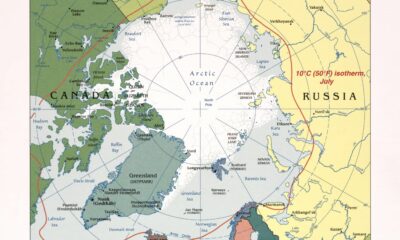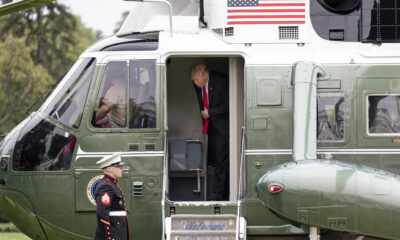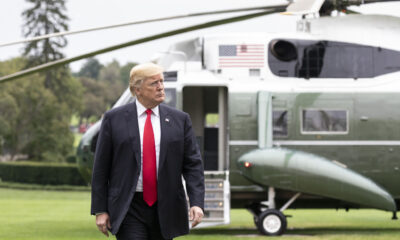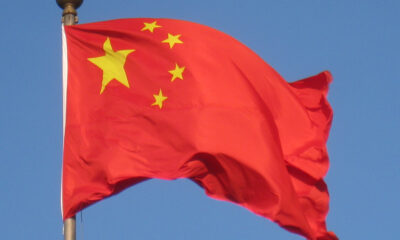Civilization
PRC Lawfare With Commercial Air Routes
Communist China is resorting to hybrid warfare agaon, this time rerouting civilian airliners over Taiwan to provoke incidents.
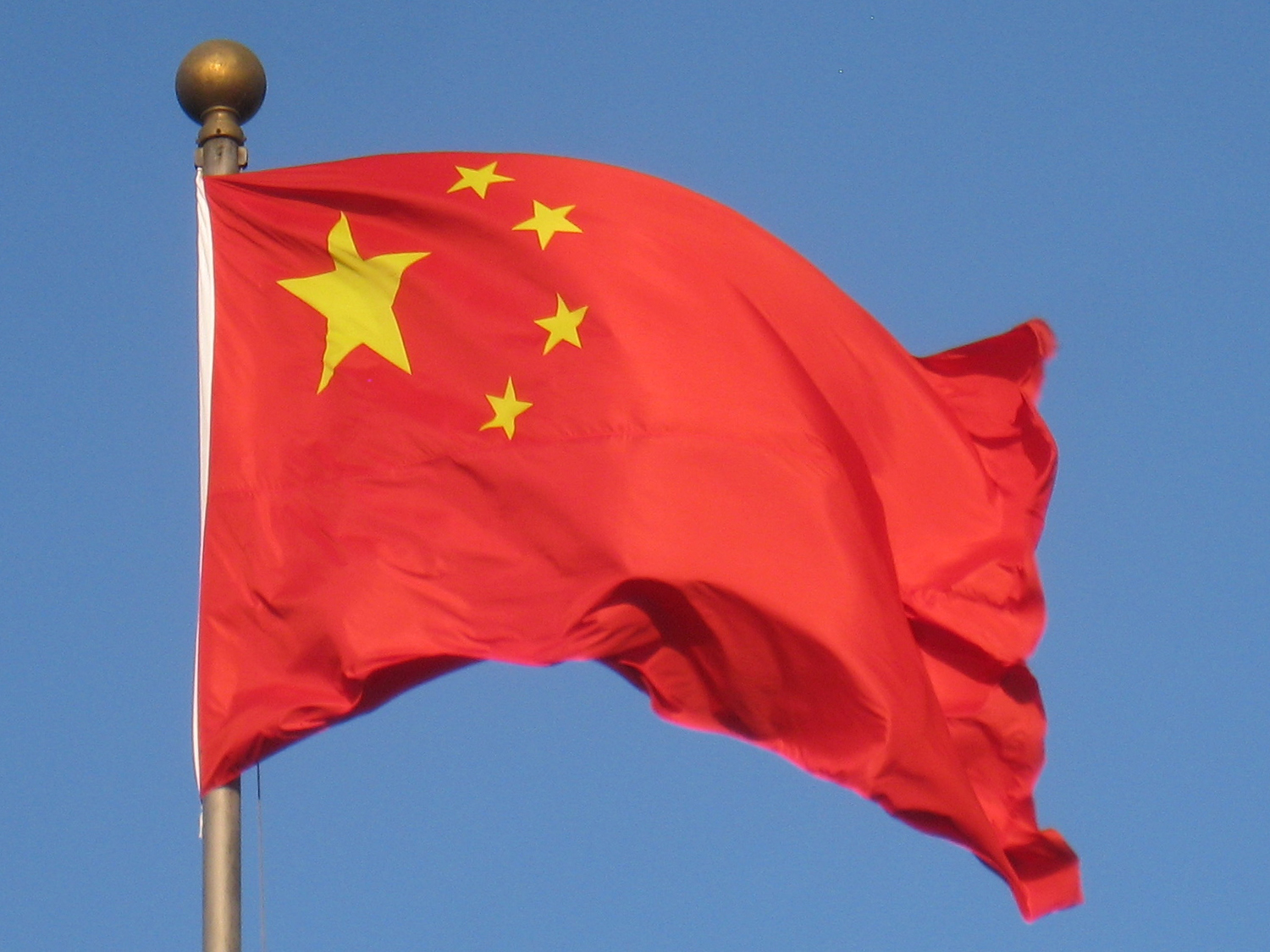
Compared to international expectations and expert hand-wringing, William Lai’s victory in Taiwan’s presidential election last month has yet to trigger an overwhelming Chinese response. China did conduct spy balloon overflights in Taiwanese airspace, while the PLA did probe the Taiwan Strait’s median line, but by and large, its activity was within ordinary boundaries.
China has, however, begun to act in the longer-term, increasing the hybrid threat that it poses to Taiwanese sovereignty an attempt to undermine Taiwan’s strategic position. Most notably, China has rerouted civil aviation flights to overfly Taiwanese territory to raise the odds of an incident it can use to pressure Taiwan. A simple response should be Taiwan’s inclusion in the International Civil Aviation Organization – alongside a broader recognition of Beijing’s objectives towards Taiwan.
Beijing undeniably has its sights set on Taiwan, as quite literally every major public statement from Chinese Paramount Leader Xi Jinping has demonstrated over the past 10 years, and which Xi again emphasized in his 2023 New Year address. The CCP has engaged in the largest air-naval buildup since the Anglo-German Arms Race, creating a military force capable of isolating Taiwan and overwhelming its defenders, thereby presenting the U.S. with the choice between a long war with nuclear implications or de facto capitulation.
The PLA, however, understands that the balance is close – and not unmistakably in its favor. China has the capability to fight and win against the U.S. and Taiwan, but that victory is far from guaranteed. A well-constructed U.S. defense that degrades Chinese reconnaissance capabilities, and therefore compels China to waste its longer-range missiles against less valuable or decayed targets, will put China on the back foot. Moreover, better integration with Japan, the ROK, Philippines, and Australia would both generate a broader maritime coalition and provide the U.S. and Taiwan with badly needed additional strategic depth. Indeed, while the balance is close, it likely still tilts towards the U.S. and Taiwan.
This explains China’s hybrid pressure against Taiwan. By keeping Taiwan isolated diplomatically, decreasing the countries that recognize it through bribes and economic pressure, and barring it from international institutions, Beijing seeks to complicate Taiwan’s ability to construct any sort of coalition against Chinese pressure.
The latest move in this campaign is Chinese violations of Taiwanese airspace with civilian aircraft. China notified Taiwan that it was unilaterally, and with only the flimsiest of justification, rerouting flights near Taiwan’s outlying Kinmen and Matsu Islands, just off the coast of the mainland.
The danger is twofold. First, by re-routing commercial flights around Taiwanese territory, the risk increases of some sort of aviation incident, a civil aviation shootdown or an intercept, that provides China a pretext for broader pressure against Taiwan. Indeed, while China is likely to go to war in pursuit of Taiwan’s conquest regardless of a formal pretext, the reality is, the CCP would greatly prefer some sort of pretext, much as Russia did during the preparation for the invasion of Ukraine.
Second, China is eminently capable of conquering Taiwan’s outlying islands. The U.S. and other Asian allies would be hard-pressed to react to this move militarily. Indeed, there is precedent for U.S. aversion against using force to preserve Taiwan’s outlying islands – the Eisenhower administration resolved the First Taiwan Strait Crisis by compelling the Taiwanese to withdraw from several islands just off the Chinese coast. There would almost certainly be consequences for Beijing, including economic sanctions and a broader recognition of the threat that China poses, potentially jump-starting a coalition against Beijing if it has not already been formalized. However, China is creating the conditions for it to pursue multiple options, ranging from a large-scale assault to a more limited series of moves that erode Taiwanese sovereignty without crossing the threshold of open war.
The U.S.’ response should include, alongside the obvious military transfers and defense activities necessary to improve U.S. and Taiwanese capabilities, a broad-front push for Taiwan’s inclusion in the International Civil Aviation Organization and other major institutions. Much like during the COVID-19 Pandemic, when China limited coordination with Taiwan by barring it from the World Health Assembly, China seeks to prevent Taiwan from pushing back diplomatically against Chinese legal harassment. By enabling Taiwanese access to these institutions, the U.S. can allow Taipei to advocate for itself and assemble a coalition of its own. Moreover, while the complexities of a thoroughly contested election year will make any substantive movement on strategic questions extraordinarily difficult, the U.S. Congress should convene a Joint Session upon William Lai’s inauguration, allowing him to address the legislature by video teleconference.
This article was originally published by RealClearDefense and made available via RealClearWire.
Seth Cropsey is president of Yorktown Institute. He served as a naval officer and as deputy Undersecretary of the Navy and is the author of Mayday and Seablindness.
-

 Accountability3 days ago
Accountability3 days agoWaste of the Day: Principal Bought Lobster with School Funds
-

 Executive1 day ago
Executive1 day agoHow Relaxed COVID-Era Rules Fueled Minnesota’s Biggest Scam
-

 Civilization9 hours ago
Civilization9 hours agoWhy Europe Shouldn’t Be Upset at Trump’s Venezuelan Actions
-

 Constitution2 days ago
Constitution2 days agoTrump, Canada, and the Constitutional Problem Beneath the Bridge
-

 Civilization1 day ago
Civilization1 day agoThe End of Purple States and Competitive Districts
-

 Christianity Today9 hours ago
Christianity Today9 hours agoSurprising Revival: Gen Z Men & Highly Educated Lead Return to Religion
-

 Civilization5 days ago
Civilization5 days agoThe devil is in the details
-

 Executive21 hours ago
Executive21 hours agoWaste of the Day: Can You Hear Me Now?







